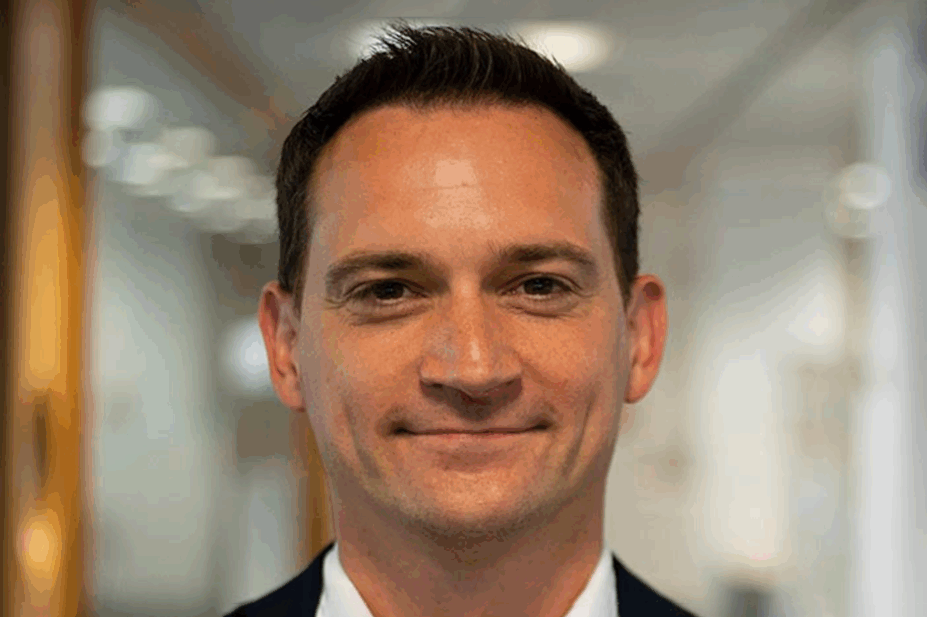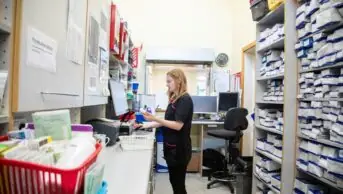
Courtesy of Henry Gregg
Pharmacy leaders have said they are “shocked” and “extremely disappointed” over reports of a letter sent by British Medical Association (BMA) leaders telling doctors not to divert patients to pharmacies.
The letter, seen by The Times, told doctors to direct patients to A&E instead of pharmacies as the Pharmacy First scheme had been set up to “undermine” them.
It was signed by Becky Haines, a member of the BMA’s national GP committee, and co-authored by Paul Evans, a Gateshead GP “who is a member of a radical BMA faction and sits on its UK council”, as part of a dispute with the government over reforms requiring GP practices to enable patients to book appointments online, The Times said.
According to The Times, the letter said: “You will note there is no option to divert to pharmacy — this is because Pharmacy First is a scheme that by design has significant potential to undermine us and, frankly, [NHS England] want us to get patients used to being seen by less-skilled people, to further enable the steady downgrading of patient expectations. If you’re diverting urgently, please use ED [emergency departments] as this is the only part of the system that ICB/NHSE [integrated care board/NHS England] do not want to see overwhelmed.”
The Times said this section has since been deleted in a new version of the letter sent to family doctors.
Responding to the letter, Henry Gregg, chief executive of the National Pharmacy Association, said: “It’s extremely disappointing if some senior figures in the BMA want to divert people away from the successful and popular Pharmacy First service. That would not help patients and fly in the face of everyone’s ambition to enhance access to neighbourhood health services for in our communities.
“We want to work with our colleagues across primary care, including general practice, to improve neighbourhood services for patients and ensure all healthcare professionals — including expert community pharmacists and general practitioners — work collaboratively to serve their communities.
He added: “The Pharmacy First service is convenient, safe and effective for patients and works well in a greatly expanded form in Scotland, supporting GPs and other parts of the health service. We understand the pressure both community pharmacy and general practice faces but we won’t find solutions by pitting professional against professional.
“The future of primary care is inevitably going to involve everyone in primary care working together ever more closely, so it makes sense to put any differences aside in the interests of expanding and improving sustainable pharmacy and GP services for everyone.”
Leyla Hannbeck, chief executive of the Independent Pharmacies Association (IPA), said: “We are shocked by this article published in The Times … referring to a letter by BMA leaders advising doctors to ‘overwhelm A&Es’ in revolt against NHS reforms and sabotage the Pharmacy First scheme, which they claim undermines them.”
“In a recent Healthwatch report, nearly 80% of patients who had used the Pharmacy First service said they would use it again. Patients like the accessibility, convenience and professionalism of community pharmacies. Does it not matter to those who drafted that letter what patients want?
“If we are to deliver the Neighbourhood Health Service patients deserve, GPs need to work collaboratively with their local pharmacists. Our collective focus should be seeking a better budget for primary care.”
Hannbeck added that the IPA had asked health secretary Wes Streeting, health minister Stephen Kinnock and the Department of Health and Social Care to Care “to take steps to stop these divisions, change these current cultures and bring the professions together”.
Tom Dolphin, BMA council chair, and Katie Bramall, BMA GPs committee England chair, said the letter was not a BMA communication.
“The BMA was informed [on 9 October 2025] via the media of a letter purported to have been sent by [North East and North Cumbria Local Medical Committees(LMCs)] to local practices. LMCs are independent bodies, and the BMA has no formal role in their oversight or conduct,” they said.
“We had no role in its drafting or dissemination, and its content does not represent the position of the BMA or GPC England.
“We understand that the letter was sent in error without the knowledge of the authors, and that NHS England has seized upon it, creating division and volatility between the two branches of the profession under arguably the most public-facing pressure and scrutiny: emergency medicine and general practice.
“Our advice remains that if capacity is reached, practices should signpost patients to NHS 111, their local community pharmacy — also under huge pressure — urgent care centres and walk-in centres. Emergency departments should only be attended when absolutely necessary.”
You may also be interested in

Impact of GP industrial action on community pharmacies has been ‘mixed’, pharmacy leaders say

NHS survey reveals fewer than 5% of patients have been referred to community pharmacy from general practice
